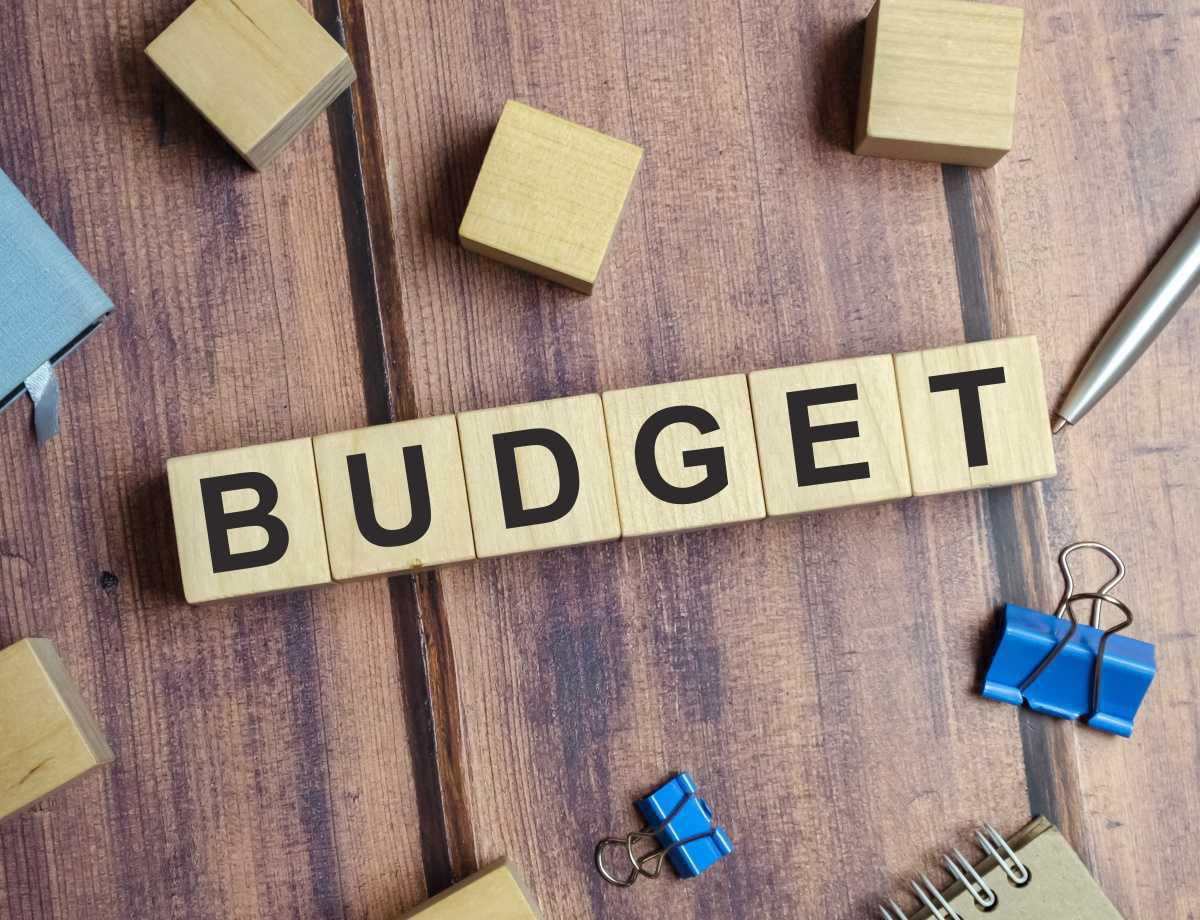In the 2025 Budget Speech delivered on March 12, Finance Minister Enoch Godongwana outlined several tax proposals aimed at addressing South Africa's fiscal challenges. These measures are designed to increase revenue and fund essential public services, impacting both individuals and businesses.
Value-Added Tax (VAT) Increase
A significant proposal is the phased increase in the VAT rate. The government plans to raise the current 15% VAT by 0.5 percentage points on May 1, 2025, and an additional 0.5 percentage points on April 1, 2026, bringing the rate to 16%. This approach replaces the initially proposed 2-percentage-point hike, which faced opposition within the coalition government.
Impact on Individuals
The VAT increase will affect all consumers, as it applies to most goods and services. To mitigate the impact on lower-income households, the government proposes expanding the list of zero-rated essential food items. Additionally, there will be no increase in the general fuel levy, providing some relief amid rising living costs.
Personal Income Tax Adjustments
The budget also proposes not adjusting personal income tax brackets and rebates for inflation in the 2025/26 fiscal year. This decision means that as individuals' incomes rise with inflation, they may move into higher tax brackets, effectively increasing their tax burden - a phenomenon known as "bracket creep." This measure is expected to raise R19.5 billion in additional revenue.
Implications for Businesses
Businesses will need to adapt to the VAT increase by adjusting their pricing structures and accounting systems. The government has decided against raising the corporate income tax rate, recognising that South Africa's current rate is already higher than the OECD average, which could affect the country's attractiveness to investors. However, companies should prepare for potential changes in consumer spending due to higher VAT and personal income tax burdens, which could affect demand for goods and services.
Fiscal Context and Debt Stabilisation
These tax measures aim to generate R28 billion in additional revenue for the 2025/26 fiscal year and R14.5 billion in 2026/27. The government projects that these efforts will help stabilise public debt, which is expected to peak at 76.2% of GDP in the upcoming fiscal year. However, Fitch Ratings has expressed concerns about the feasibility of stabilising debt at these levels, suggesting that the debt-to-GDP ratio may continue to rise.
Political Dynamics and Budget Approval
The budget's approval process has been marked by political challenges. Disagreements within the coalition government, particularly over the VAT increase, led to a postponement of the budget presentation. The African National Congress (ANC) requires support from at least one major party to pass the budget, but key coalition partners, including the Democratic Alliance (DA), have opposed the tax hikes. The budget must be approved in three stages: the fiscal framework and revenue proposals, the division of revenue bill and the appropriation bill.
Lawmakers have until April 3 to approve the fiscal framework.
Conclusion
The proposed tax changes in the 2025 budget reflect the government's efforts to balance fiscal responsibility with the need to fund essential services. Individuals and businesses alike should prepare for the impending VAT increase and the lack of inflation adjustments to personal income tax brackets. As the budget undergoes parliamentary scrutiny, its final form will depend on ongoing negotiations within the coalition government and responses from various stakeholders.
The information shared in this article is based on the circumstances present at the time of writing, as the final budget has not been officially adopted by the GNU yet at this time, some of the information contained herein could be due to change.
Please note that the above is for information purposes only and does not constitute tax/financial advice. As everyone’s personal circumstances vary, we recommend they seek advice on the matter. While every effort is made to ensure accuracy, Nexia SAB&T does not accept responsibility for any inaccuracies or errors contained herein.
Article prepared by: Stefan Diederiks CA(SA)
Director and Registered Tax Practitioner
For any queries or further information, please contact:
• Mansoor Salee - Director
M: (+27) 82 454 4786| E: mansoor@nexia-sabt.co.za
• Yousuf Hassen - Director
M: (+27) 82 333 3376 | E: yhassen@nexia-sabt.co.za
© 2020 Nexia SAB&T. ALL Rights Reserved. Nexia SAB&T is a member of Nexia International, a leading, global network of independent accounting and consulting firms that are members of Nexia International Limited. Nexia International Limited, a company registered in the Isle of Man, does not provide services to clients. Please see the “Member firm disclaimer” for further details.

